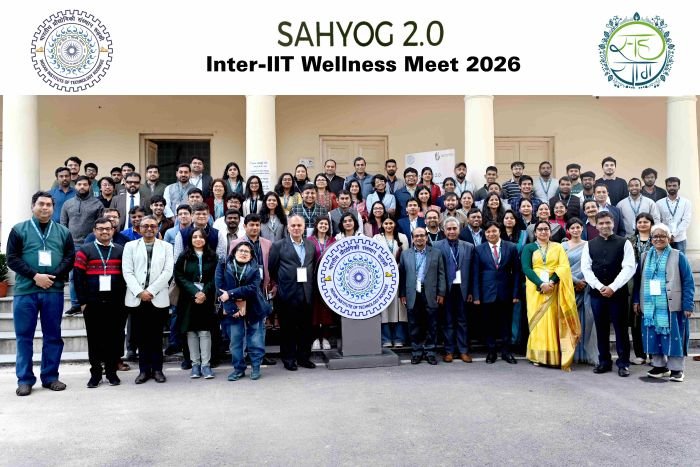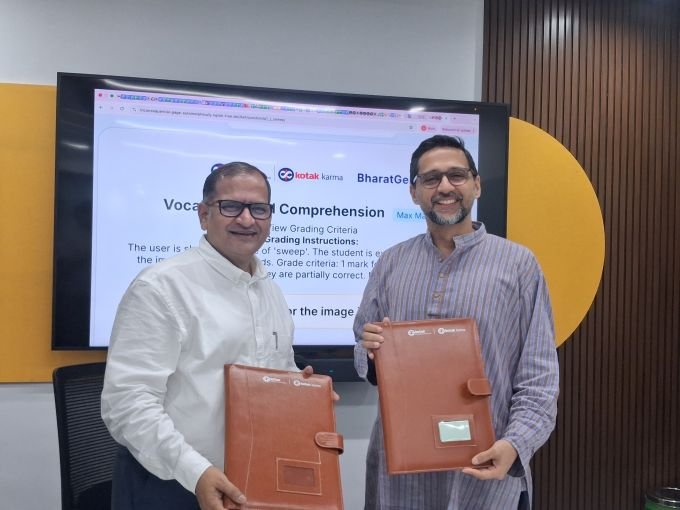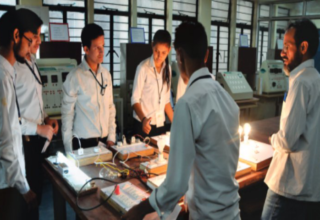Cnsortium of leading clinicians and scientists formed to map whole-genome sequencing of COVID-19 spread and evolves using whole-genome sequencing
The COVID-19 Genomics UK Consortium – COG-UK – comprised of the NHS, Public Health Agencies and academic institutions – including the University of Birmingham has been assigned to map how COVID-19 spreads and evolves using whole-genome sequencing. Through a £20 million investment, the consortium will deliver large scale, rapid sequencing of the cause of the disease and share intelligence with hospitals, regional NHS centres and the Government for breakthroughs that help the UK respond to this and future pandemics, and save lives.
Samples from patients with confirmed cases of COVID-19 will be sent to a network of sequencing centres which currently includes Birmingham, Belfast, Cambridge, Cardiff, Edinburgh, Exeter, Glasgow, Liverpool, London, Norwich, Nottingham, Oxford and Sheffield. The Wellcome Trust Sanger Institute will provide large-scale sequencing capacity and additional support.
The University of Birmingham, led by Nick Loman, Professor of Microbial Genomics and Bioinformatics in the Institute of Microbiology and Infection, have deployed a real-time genome sequencing facility established at the University capable of sequencing genomes of the virus causing COVID-19 from patients in the West Midlands in less than 24 hours.
Professor Loman says: “This is a remarkable collaboration which brings together Birmingham and the UK’s incredible depth of expertise and knowledge in viral sequencing and genomics. An open and distributed model of sequencing involving both academia, the NHS and our public health bodies is the right way to ensure results are delivered quickly to decision-makers. We are now well positioned to return deep insights into understanding the rapidly-accelerating pandemic of COVID-19, easily the most pressing infectious disease emergency we have faced in two generations in the UK.
“The government’s investment is well-timed to accelerate the pace of viral genome sequence production and ensure this information is openly available to epidemiologists and virologists worldwide. This will provide an unprecedented real-time view of COVID-19 virus evolution.”
Understanding viral evolution is important for understanding how the virus is spreading in local, national and international settings. It provides valuable epidemiological information revealing the chains of transmission that must be stopped in order to stop this outbreak.
We also stand to observe how the virus adapts to a human host over time, and how human interventions including drug treatments and eventually vaccines, exert pressure on the virus.
The consortium benefits from two major initiatives in which the University of Birmingham has played a pivotal role: ARTIC and CLIMB. The CLIMB project, which recently secured funding for a further five years with the CLIMB-BIG-DATA project, will provide the data analysis pipelines, computing and storage capacity required to analyse the large genome datasets produced by the consortium, as well as facilitating national and international research capabilities.
Dr Josh Quick, a UKRI Future Leaders Fellow in the Institute of Microbiology and Infection rapidly developed a method for sequencing coronavirus, released to researchers back in January, and which has already been widely adopted across the world. This method builds on work previously successfully used to trace epidemics of Ebola virus and Zika virus.
Dr Quick says: “Based on previous experiences with Ebola and Zika virus we were able to rapidly develop an approach to sequencing the COVID-19 virus rapidly using a targeted method. The importance of this method is that it works well even when only miniscule amounts of virus are present in the sample, something we commonly see. It has been used to generate the first genomes from countries including Brazil, Scotland, Wales and Northern Ireland with nanopore sequencing and we have helped over 50 groups in over 20 countries establish genome sequencing capabilities in their own labs.”








